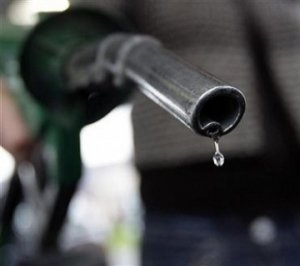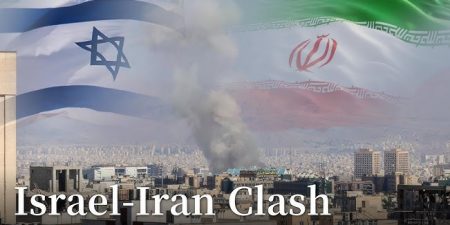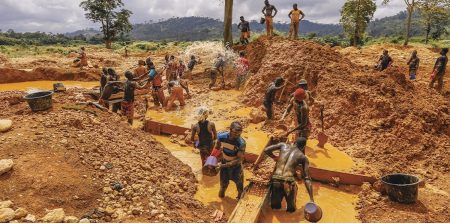17 October 2011, Sweetcrude, Abuja – Nigeria’s organised labour and the Nigerian National Petroleum Corporation (NNPC), on Sunday, disagreed on the factors responsible for high fuel subsidies in the country.
Labour accused the NNPC of corruption and inefficiency in the management of subsidies,but the state-owned oil firm countered that labour leaders were “enemies of the economy.”
The Nigerian government plans to remove the subsidy on fuel by January next year, a development the organised labour has threatened to oppose vehemently.
Trade Union Congress President, Mr. Peter Esele, and the Acting General Secretary of the Nigeria Labour Congress, Mr. Owei Lakemfa, argue that the Nigerian government should, rather than remove subsidies, fight the inefficiencies in the system.
Esele said a huge chunk of the expenditure on subsidy resulted from “corruption, deceit and other inefficiencies” in the NNPC and the Petroleum Products Pricing Regulatory Agency.
The TUC leader alleged that the NNPC remained the nation’s biggest importer of petroleum products contrary to the impression being created in the oil industry.
He said, “NNPC is part of the corruption, but without the people in government, it will not be possible to solve the problem. Political godfathers are sponsoring the round tripping.
“A jankara market of product supply has developed off the West Coast of Badagry to fuel and indeed destroy our downstream sector.
“This jankara market, run by barons and anti-people briefcase importers, profits by cleverly round tripping products over and over again to the detriment of the downstream sector and the suffering masses. Government should take on this cartel and pursue them, (and chase) their vessels and their antics far away from the coast of Nigeria.”
He also said the current arrangement that guarantees a 10-day demurrage to importers to offload their products was deliberately put in place to benefit oil barons.
The TUC President General argued that a three-day demurrage arrangement would have sufficed for petroleum products. Esele also called on the Federal Government to embark on an immediate review of the template of the PPPRA.
On his part, Lakemfa urged the government to use the police, the State Security Service, the Economic and Financial Crimes Commission and related agencies to eradicate the corruption in the management of fuel subsidies.
“If there is fraud, the government should go after the fraudsters, with the agencies at its disposal, and save the system. Government should not punish us (the victims); it should go after the criminals with the police, CID, EFCC, CPC, SSS, NIA and others.
“Oil is the mainstay of our economy, we do not know how much oil is being produced; people produce and what they declare is what we get. That is the beginning of our problem; it is a tragedy that we have not added a single value to the product we have been producing since the late 1950s. The issue of corruption is not just about the subsidy, it is about not knowing how much oil we produce.”
But Group General Manager, Public Affairs, NNPC, Dr. Levi Ajunoma, dismissed labour’s allegations, describing the unions as ‘ignorant’.
He said, “Labour is ignorant. They are the enemies of this economy because they argue blindly. NNPC is not responsible for whatever they are alleging. How can we be responsible for increase in the cost of subsidy? They should go to PPPRA. Please ignorant people should not be confusing people who want to know and that is what labour is doing.
“It is time everybody knew that all this grandstanding does not pay. Look at Ghana, they are progressing. They should allow our economy to move forward. This is the same labour that moved against liberalisation in the telecoms sector. Now everybody, including those in the union, is taking advantage of the gains in the telecoms sector. It is a temporary thing; the end result will benefit Nigerians.
“Why does labour want us to be sponsoring people who drive big vehicles? What the Federal Government is doing by proposing to remove subsidy is to ensure that what should be used to build infrastructure that will benefit the poor and the rich is not spent in making life comfortable for the rich only.”




